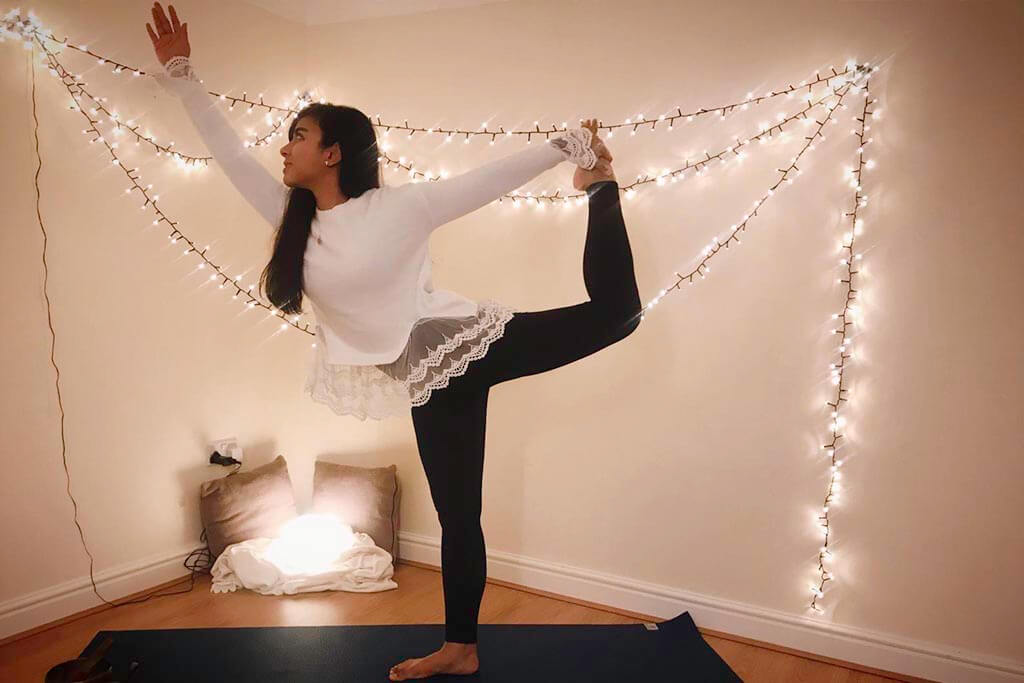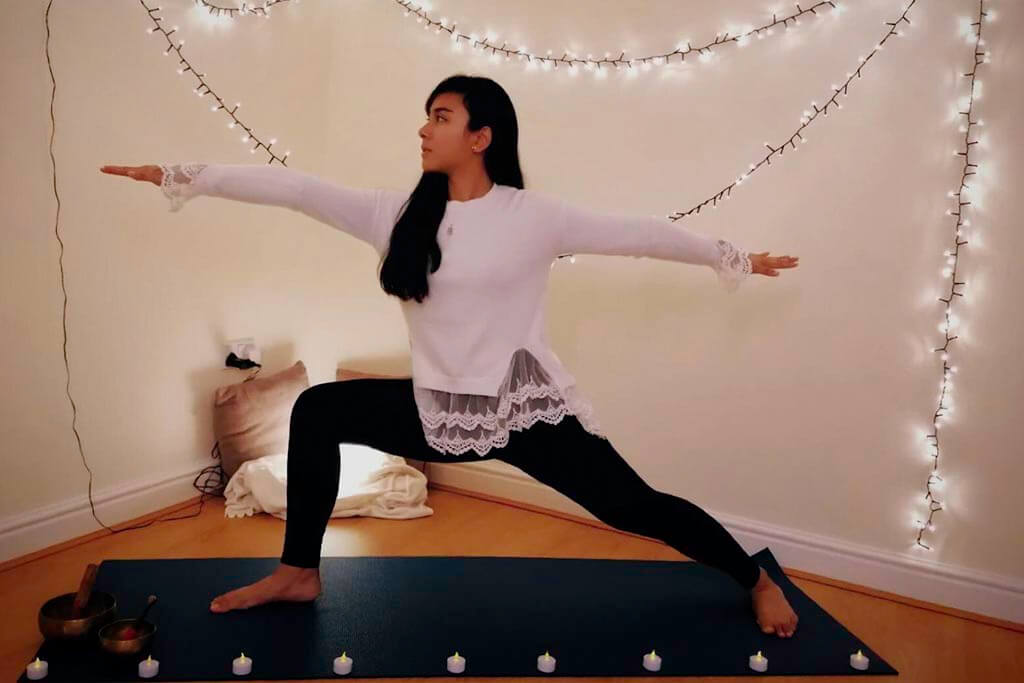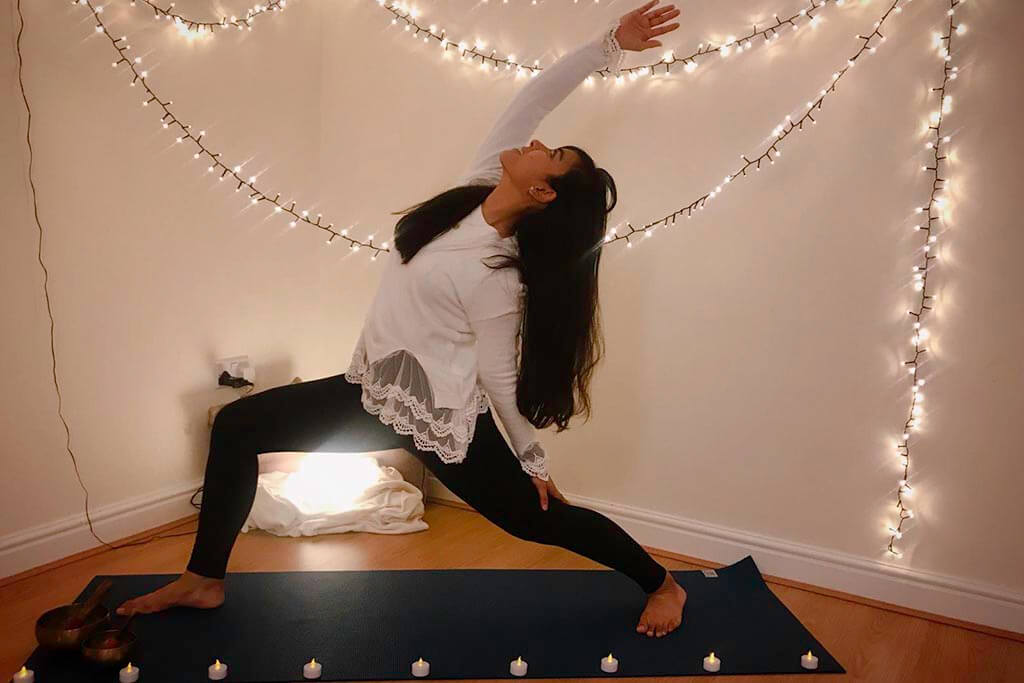Holistic and Complementary Therapies
Specialist Complementary Therapies offered alongside senSI Treatments. Approachable therapist providing a range of complementary techniques for children with and without disability. Sessions are tailored according to the child’s sensory processing and needs.

Lord of the Dance Pose

Warrior II Pose

High Lunge, Crescent Variation
Holistic therapies we offer
- Massage
- Reiki (non touch therapy available)
- Hopi Ear Candling
- mindfulness emotional regulation
- Yoga
- Relaxation sessions
- Clinic or home based sessions
- Initial consultations
For the development of:
- Sensory processing
- Self regulation
- Motor skills, especially for children with ADHD
- Body awareness - touch and proprioception feedback
- Emotional development
- Attachment
- Self-esteem / confidence
- Relaxation and self awareness
- Sleep hygiene
- Daily living skills
- Ability to recognise the difference between good and bad touch
- Co-ordination of the cerebral hemisphere (Hopi)
- Pressure regulation in cases of sinusitis, rhinitis, glue ear, colds, flu, headaches and migraines (Hopi)
Who will benefit from this
- Autistic Spectrum Disorder
- Attention Deficit Hyperactivity Disorder
- Learning Disabilities
- Looked after Children and Young People
- Children with poor self regulation
- Parents and carers (allow yourself to relax and recharge whilst your child is in senSI session)
Rhythmic Movement Therapy
Rhythmic Movement Therapy Training (RMT) focuses on developing and integrating the infant’s reflex patterns into smooth, rhythmic movements to enhance development and sensory integration of physical, emotional and cognitive impairments.
As paediatric Occupational Therapists (OTs), we have found great benefit from this therapy and use this method alongside therapy intervention with significant success. To find out more: www.rhythmicmovement.com
Who will benefit from RMT?
Children and adults with specific learning challenges including ADD/ADHD, dyslexia, autism, motor problems, postural imbalances, emotional and behavioral problems.
Services on offer:
- RMT assessment of primitive reflexes.
- RMT assessment of postural reflexes.
- Specific exercises given.
- Exercise modifications as progress is made.
What are Primitive and Postural Reflexes?
Primitive reflexes are essential responses a baby needs in the womb and the first year of life, which are gradually inhibited as the baby develops and is able to communicate and mobilise for survival.
A baby’s movements at birth are not voluntary and are controlled by primitive reflexes such as palmer reflex which is when a baby’s hand will tightly flex when the palm is stimulated. These essential survival primitive reflexes assist with the developmental milestones of movement. These develop into postural reflexes which assist with controlled movements such as head control and crawling. If there is a disturbance in the development and the inhibition of the primitive reflexes, then the baby’s physical, emotional and cognitive abilities may be impaired.